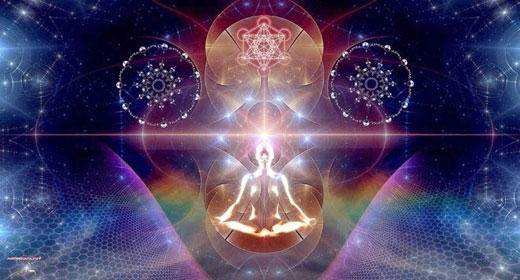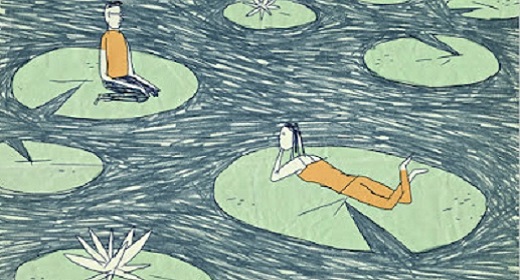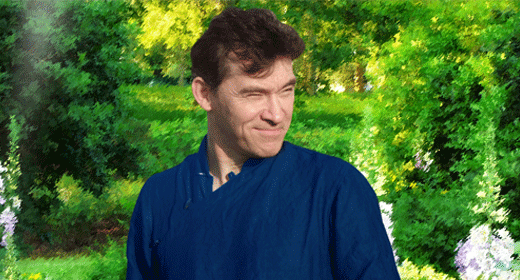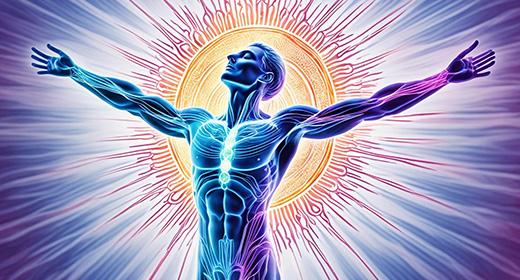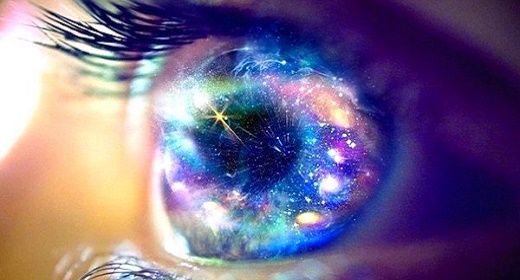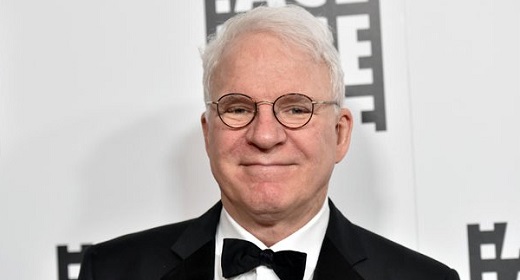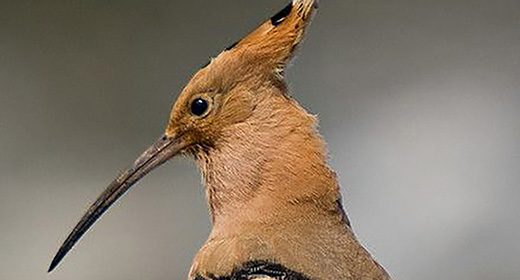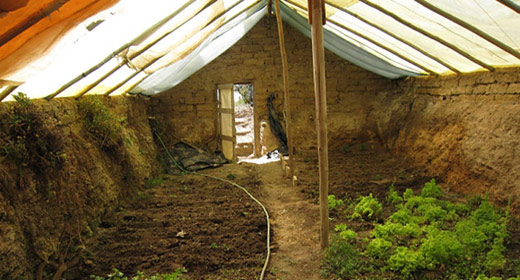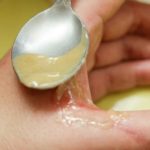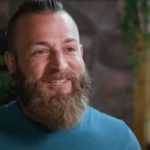by Mathew Pallamary: For all the tales coursing through the veins of the internet about life-changing experiences 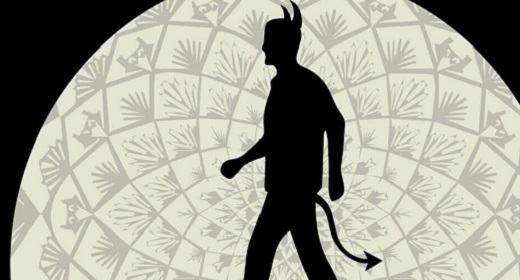
brought on by a cup of Ayahuasca or a drop of LSD, something absolutely crucial is getting lost. The hardest part, in fact: Integration. Coming back from the jungle or back from some astral realm doesn’t add up to much if you have to turn over everything you learnt at the border of everyday reality. The real challenge is integrating those deep insights into ourselves and into our daily lives after the trip. Suddenly rediscovering the things which hurt us or shaped the way we think and act is one thing – understanding what to do about them in a healthy, productive way, is something else entirely.
Realising that your problems stem from some childhood trauma is only the first step of a much longer, harder journey, as Jon’s found out first hand. What do you (and can you) do with that knowledge once you have it?
Our special guest this week is Matthew Pallamary, an author and shamanic explorer who’s been journeying into the Amazon for almost 20 years. He’s worked in multiple shamanic traditions and written in depth about the psychology of healing and integration.
Matt grew up in a rough neighbourhood in Boston where he felt compelled to be a tough guy, repressing and disowning many parts of himself in the process. Ayahuasca helped him rediscover those parts of himself, but that was far from the end of the story.
In many ways, the integration is actually more important than the experience itself.
– Matthew Pallamary
In this episode, we go beyond trip reports and psychedelic revelations and into the deeper psychology of personal growth. Psychedelics allow the contents of our subconscious to emerge, confronting us with our shadow selves. Our first instinct is to fight back, to push the shadow away and deny it even exists. Next, we start beating ourselves up for having that shadow, for doing or thinking shitty things. Neither of which solves anything.
But we can’t disown parts of ourselves and leave them out in the cold, because they just start breaking down the doors. We also need to change in order to grow – so how do we set about welcoming those disowned parts of ourselves back into the warm without them immediately trashing the joint?
We explore the idea that all these ‘negative’ traits and habits were ultimately self-defence mechanisms which emerged to help us. The trouble is, they keep on churning away like independent little modules in our minds that we don’t even realise are there. The challenge is to gently and compassionately disarm them – to thank them for what they’ve done, but let them know that the war is over and now they can come home.
This is about taking responsibility for yourself and your life, which is not the same as needing to blame yourself for what you’ve done and been in the past.
You are not your ego. You are not your thoughts. We are all made up of different elements, impulses, and personalities – to take responsibility means to become the conductor of your mind’s orchestra, to become the curator of your expression into the world.
In the end, we’re all a cast of thousands.
– Matthew Pallamary
Ultimately, we’re all carrying some kind of trauma (maybe even from childbirth itself), but Andrea strikes a note of caution that we shouldn’t fetishise and inadvertently inflate it. Trauma is part of life, not an aberration. It can be the ground beneath our feet which we need if we’re ever to push upwards to something higher.
As Matt puts it,
One of the things about this path if you continue on it, is that you have to take responsibility for who you are and what your actions are… Trauma is actually there to help you grow.
– Matthew Pallamary
This one gets very personal. Jon talks about his continuing battles with depression, and wonders whether the key is not to see them as battles at all. In a sense, depression is also trying to ‘help’ him – to assuage a sense of total powerlessness in the world by bringing him the final power of being able to say ‘no’ to everything. That’s a power of sorts, but it’s anathema to life.
In the end, the core lesson of integration is that it’s never over. Because, in essence, it’s the work of being alive.

